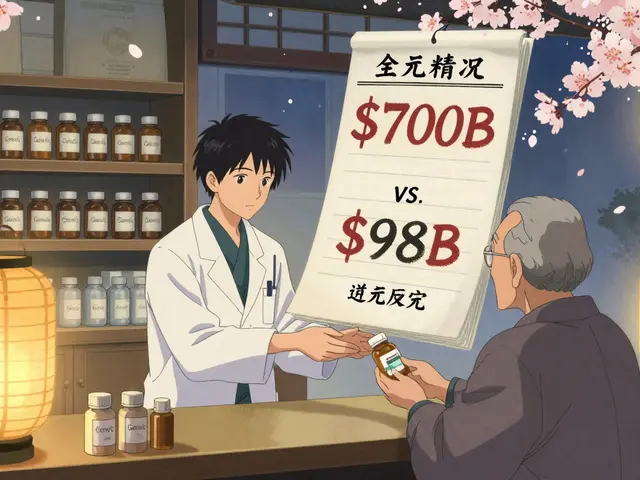Bloating: Why Your Stomach Feels Full and Swollen
When dealing with bloating, a sensation of abdominal fullness caused by excess gas, fluid, or delayed digestion. Also known as abdominal distension, it can turn a normal meal into an uncomfortable ordeal. bloating isn’t just a cosmetic issue; it often signals underlying digestive imbalance. Indigestion, the uncomfortable feeling after eating too quickly or consuming irritating foods frequently triggers this swelling, creating a direct link where indigestion leads to bloating. In many cases, the body’s response to overeating or spicy meals creates extra gas, which then accumulates and produces the feeling of tightness. This relationship forms a simple semantic chain: bloating encompasses abdominal distension and indigestion often triggers bloating. Understanding that connection helps you target the root cause instead of just the symptom.
How Gas, Enzymes, and Lifestyle Shape Your Belly
Another major player in the bloating story is gas, the by‑product of bacterial fermentation in the intestines. When you eat high‑fiber foods, carbonated drinks, or swallow air while talking, your gut microbes break down carbs and release gas. Too much of it pushes against the intestinal walls, making the abdomen feel stretched. The rule of thumb is simple: gas production influences bloating. One practical way to curb this effect is to support your digestion with digestive enzymes, proteins that help break down food into absorbable nutrients. Enzyme supplements like trypsin or papain can speed up protein breakdown, reducing the amount of undigested material that would otherwise ferment and generate gas. When enzymes do their job, the chain "digestive enzymes reduce bloating" becomes true, and you notice less pressure after meals. Pairing enzyme use with mindful eating—chewing thoroughly, avoiding gulping drinks—creates a healthier routine that tackles both the cause and the symptom.
Beyond gas and enzymes, certain medical conditions sneak into the bloating picture. Gallstones, hard deposits that form in the gallbladder and can block bile flow are a classic example where blockage leads to poor fat digestion, causing both pain and a bloated feeling. When bile can’t reach the intestine, fats sit idle, ferment, and expand, which directly links gallstones to abdominal swelling: gallstones can cause bloating. Lifestyle tweaks—like limiting fatty foods, staying hydrated, and maintaining a healthy weight—help keep the gallbladder clear and lower the chance of stone formation. Additionally, oral hygiene surprisingly ties into the equation; poor dental health can let bacteria travel to the gut, irritating the lining and prompting gas buildup. So, keeping teeth clean isn’t just about a fresh smile; it’s another layer of protection against bloating. All these pieces—indigestion, gas, enzymes, gallstones, and even oral care—fit together to form a complete picture of why your belly feels puffy. Below you’ll find a curated set of articles that dive deeper into each of these factors, offering practical advice, medication comparisons, and supplement reviews to help you tackle bloating from every angle.
Bloating After Meals: Holiday Management Guide
Learn why holiday meals cause bloating and get practical tips, food swaps, and lifestyle habits to manage discomfort during the festive season.






